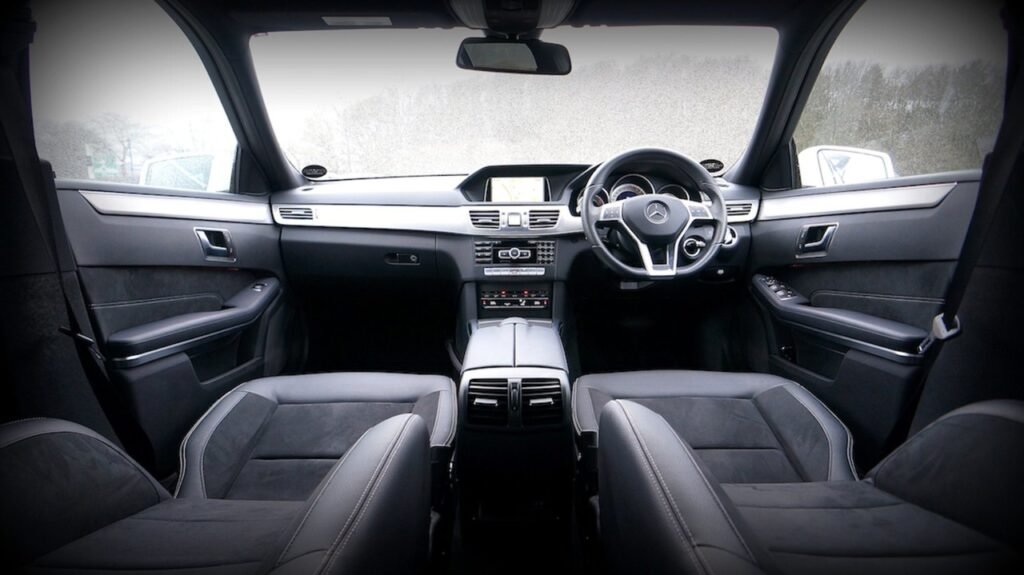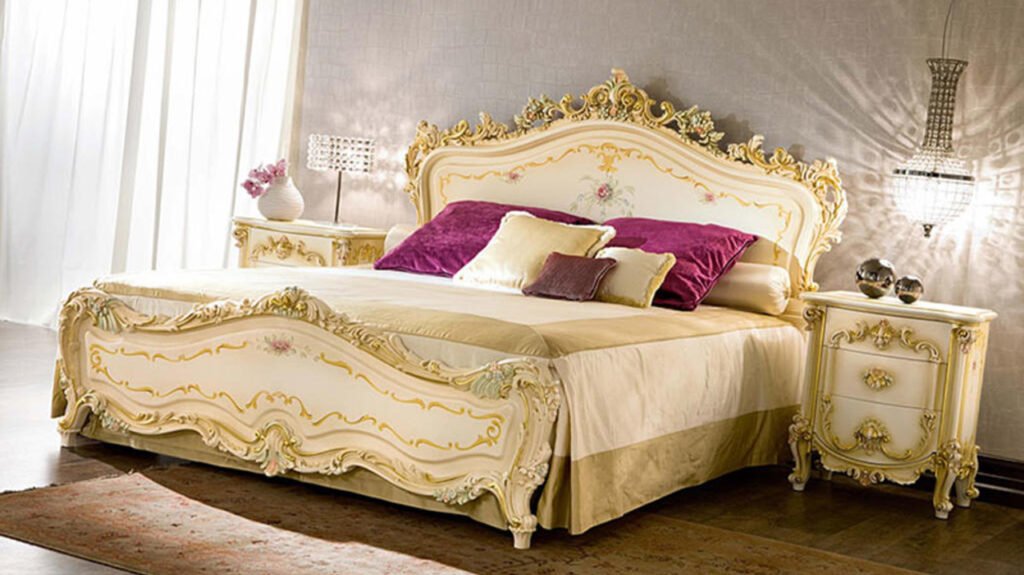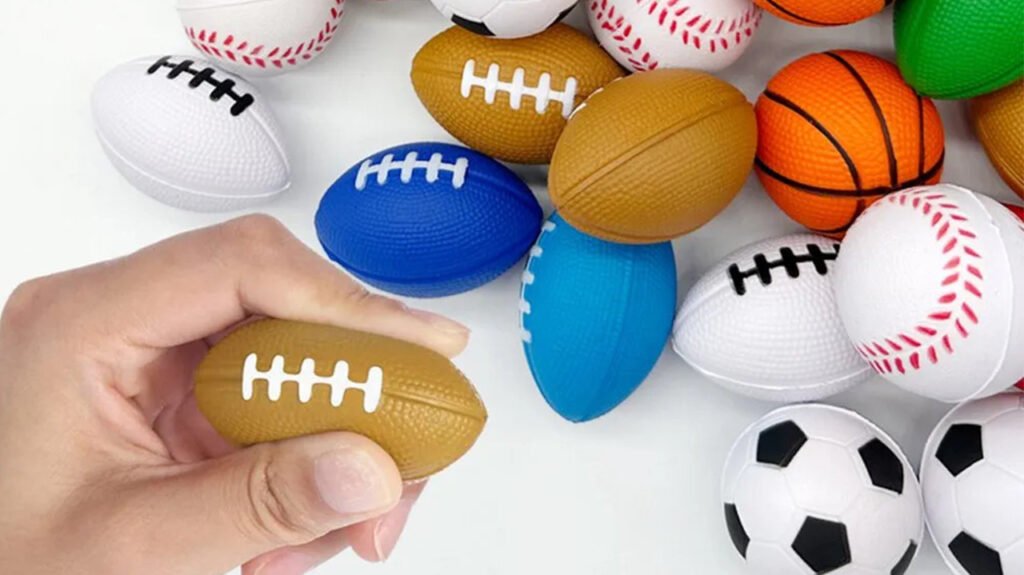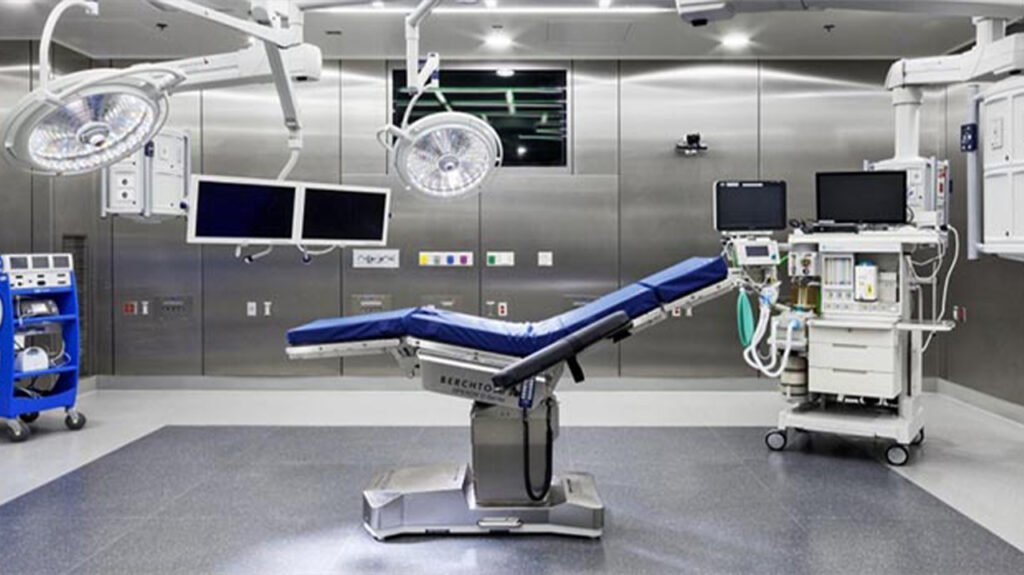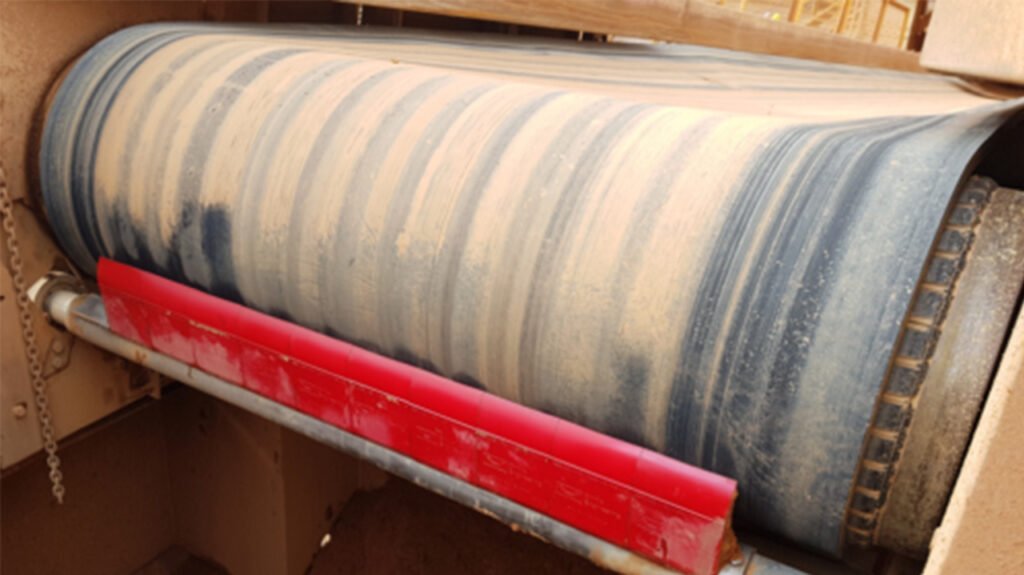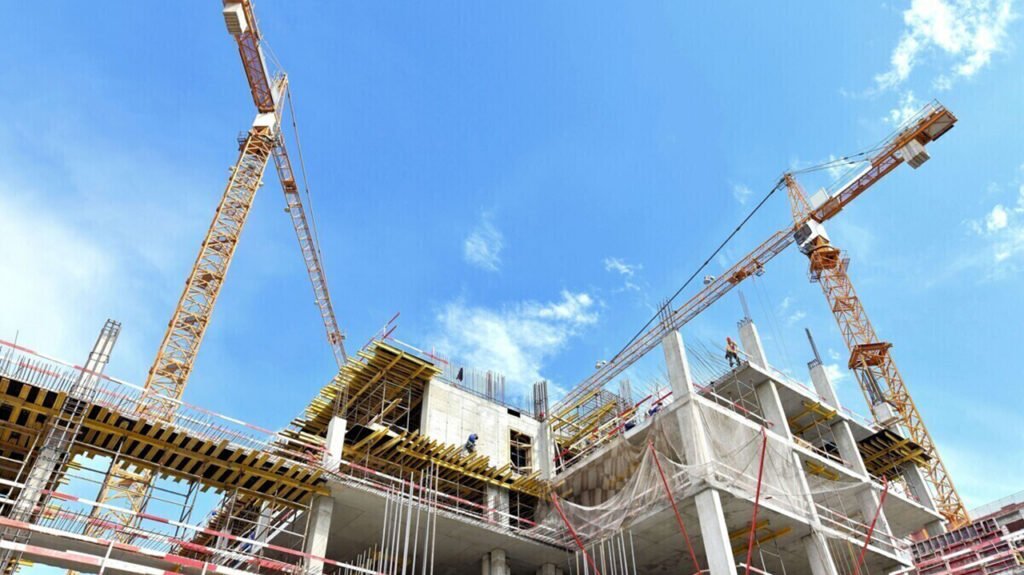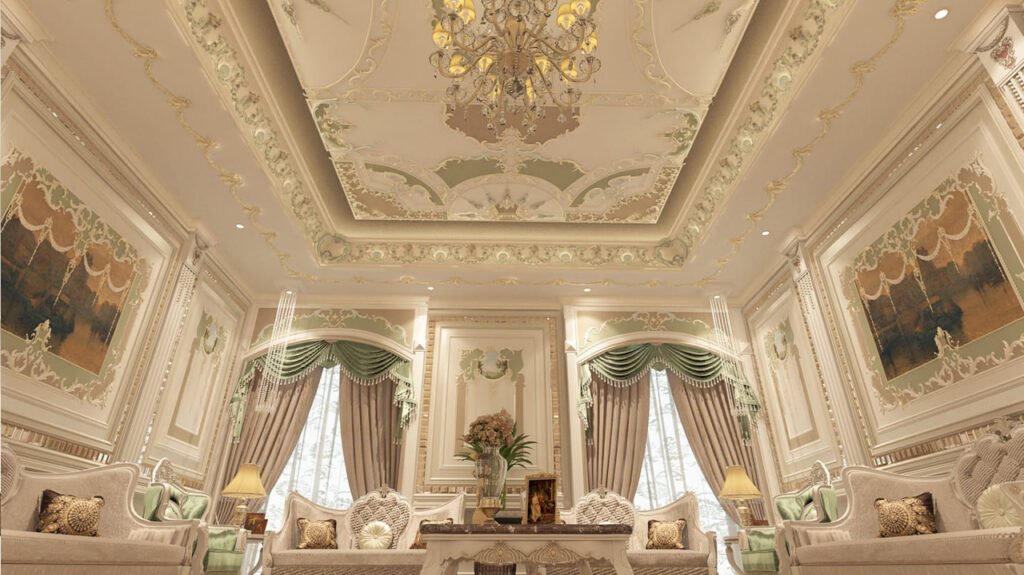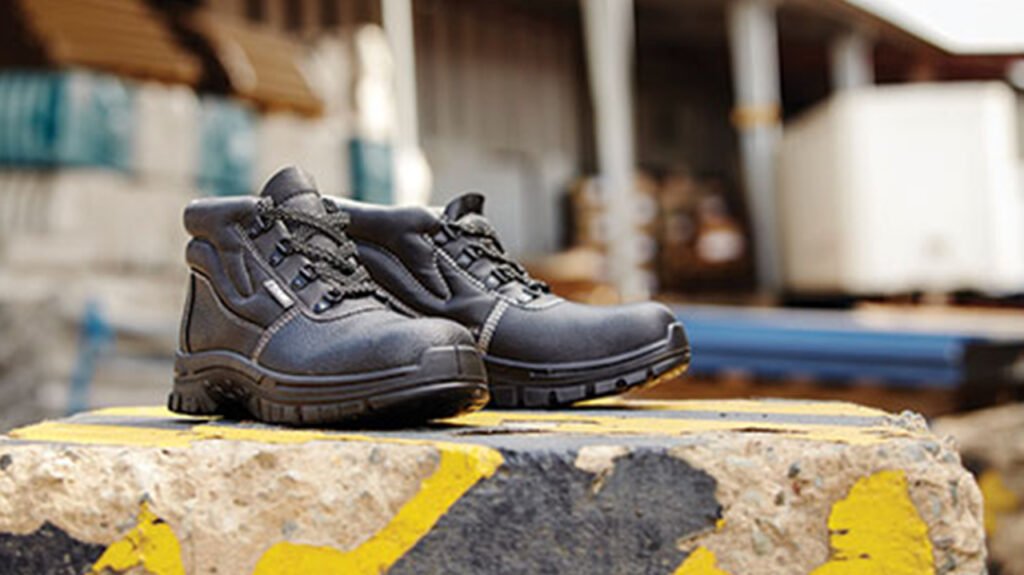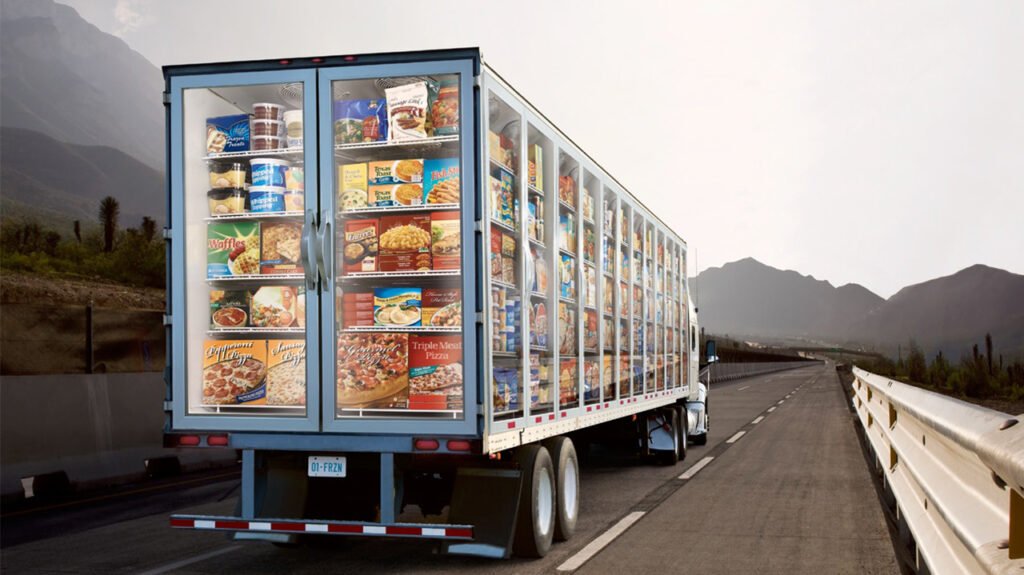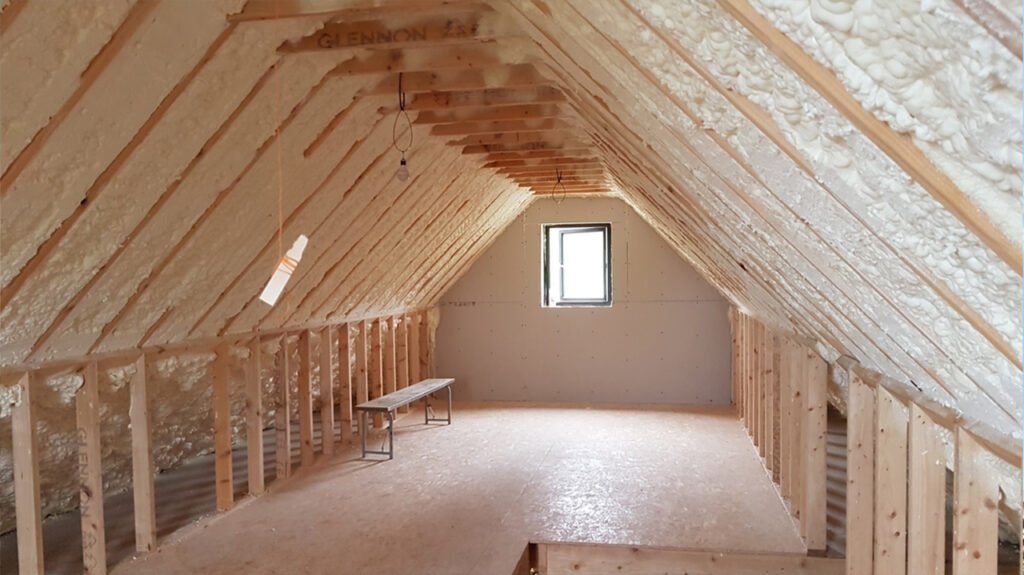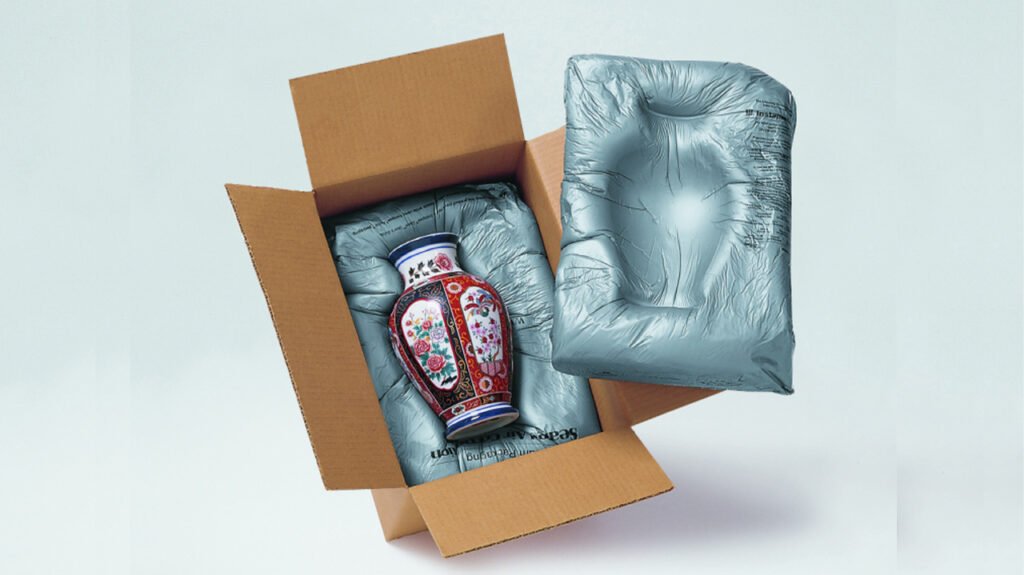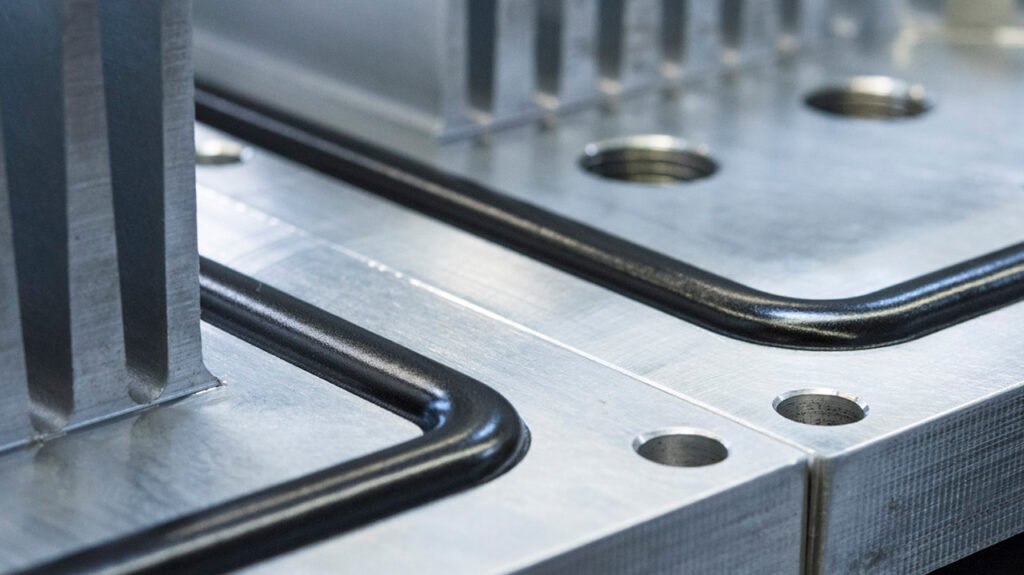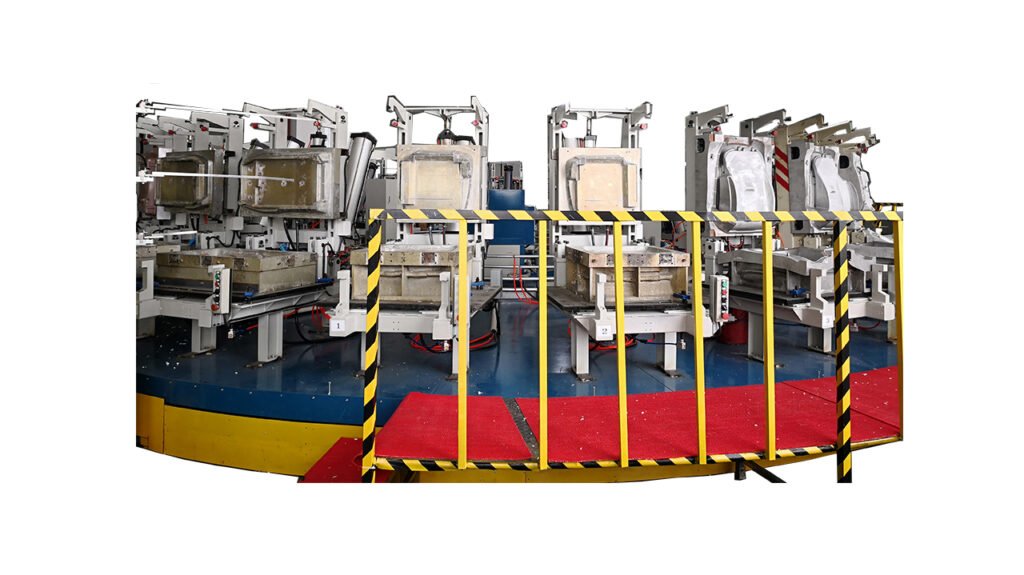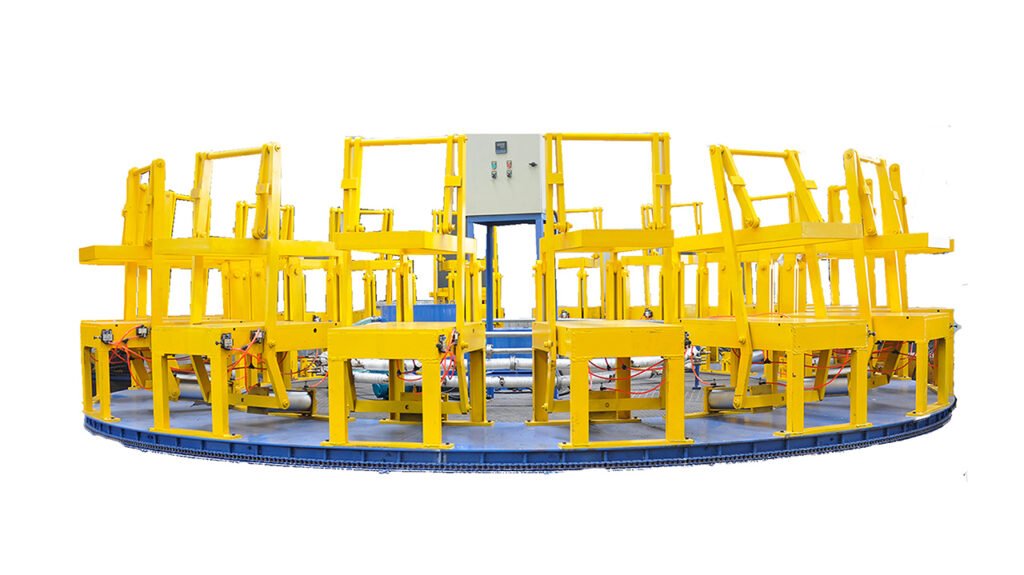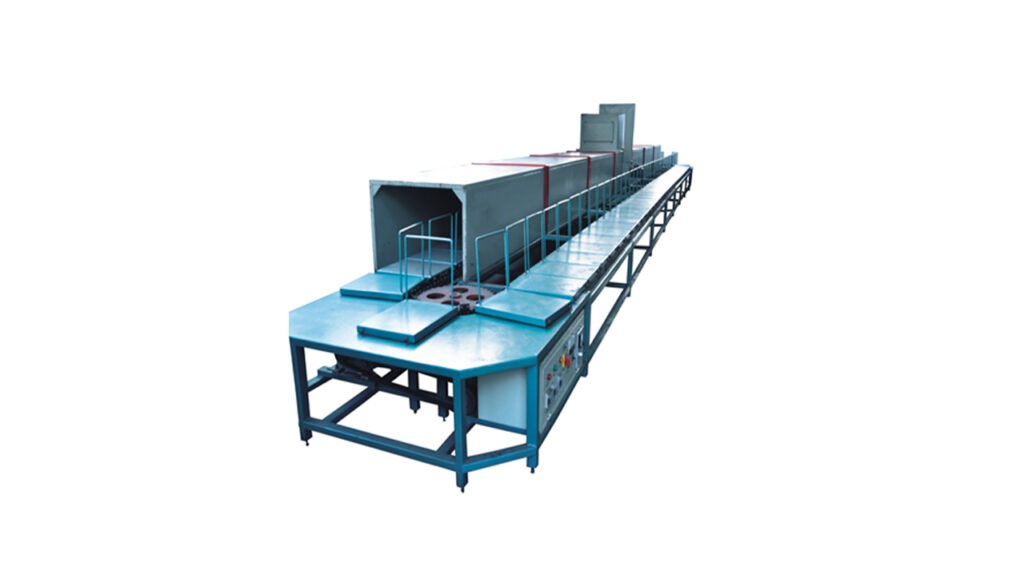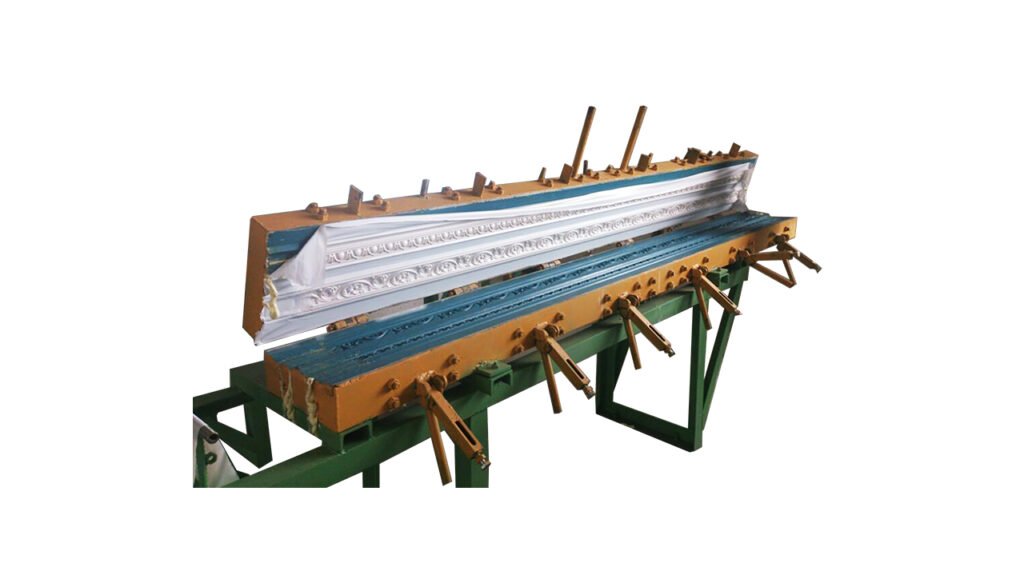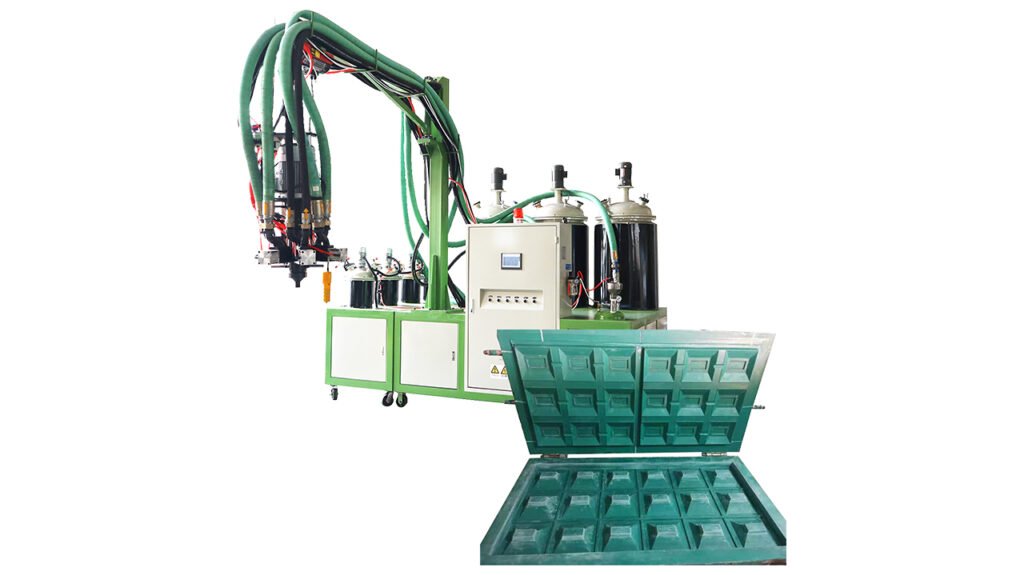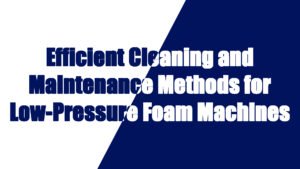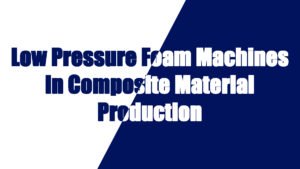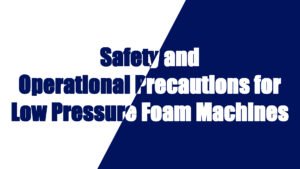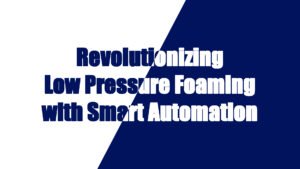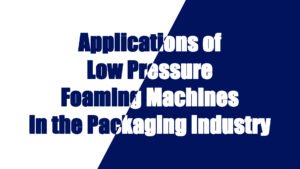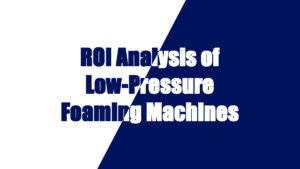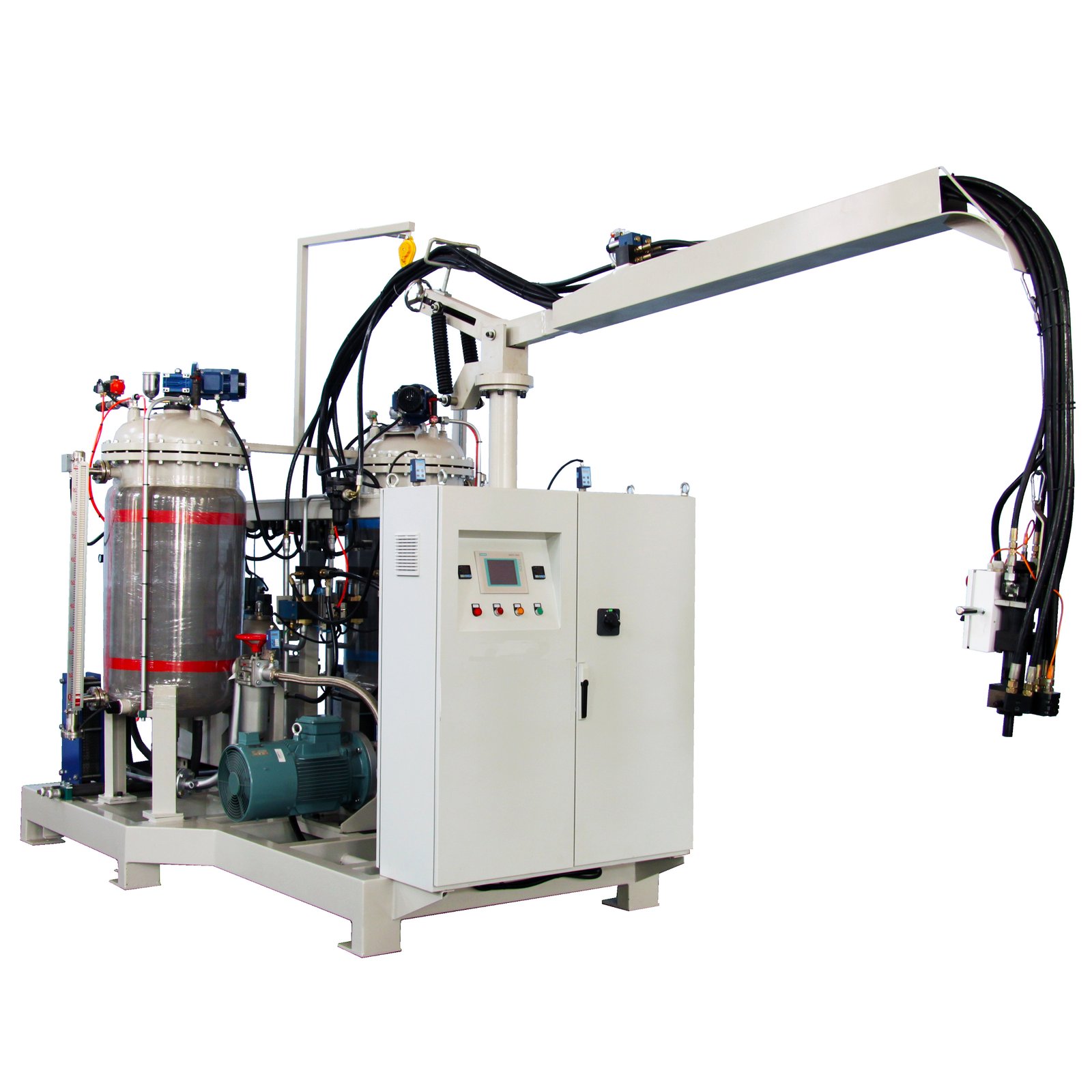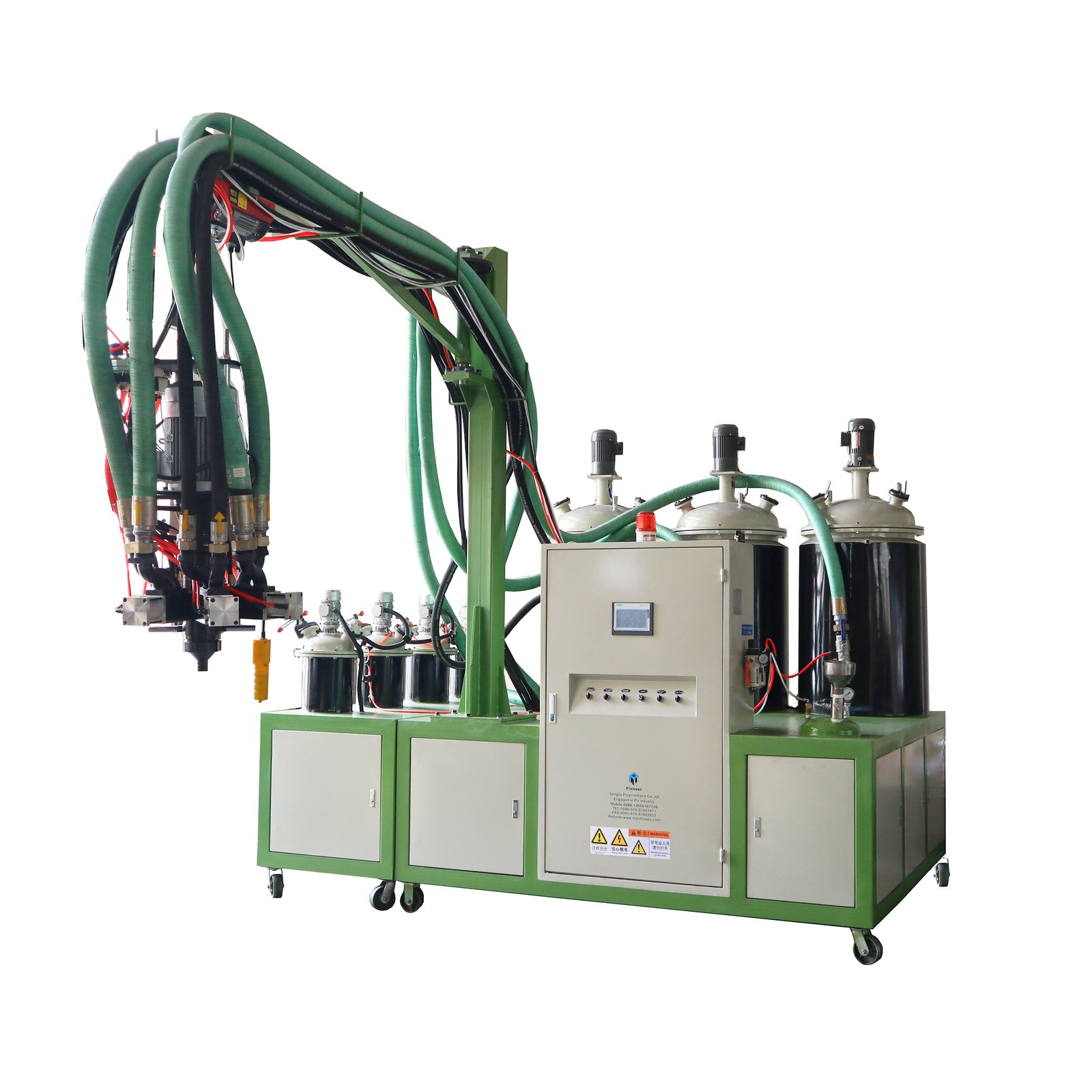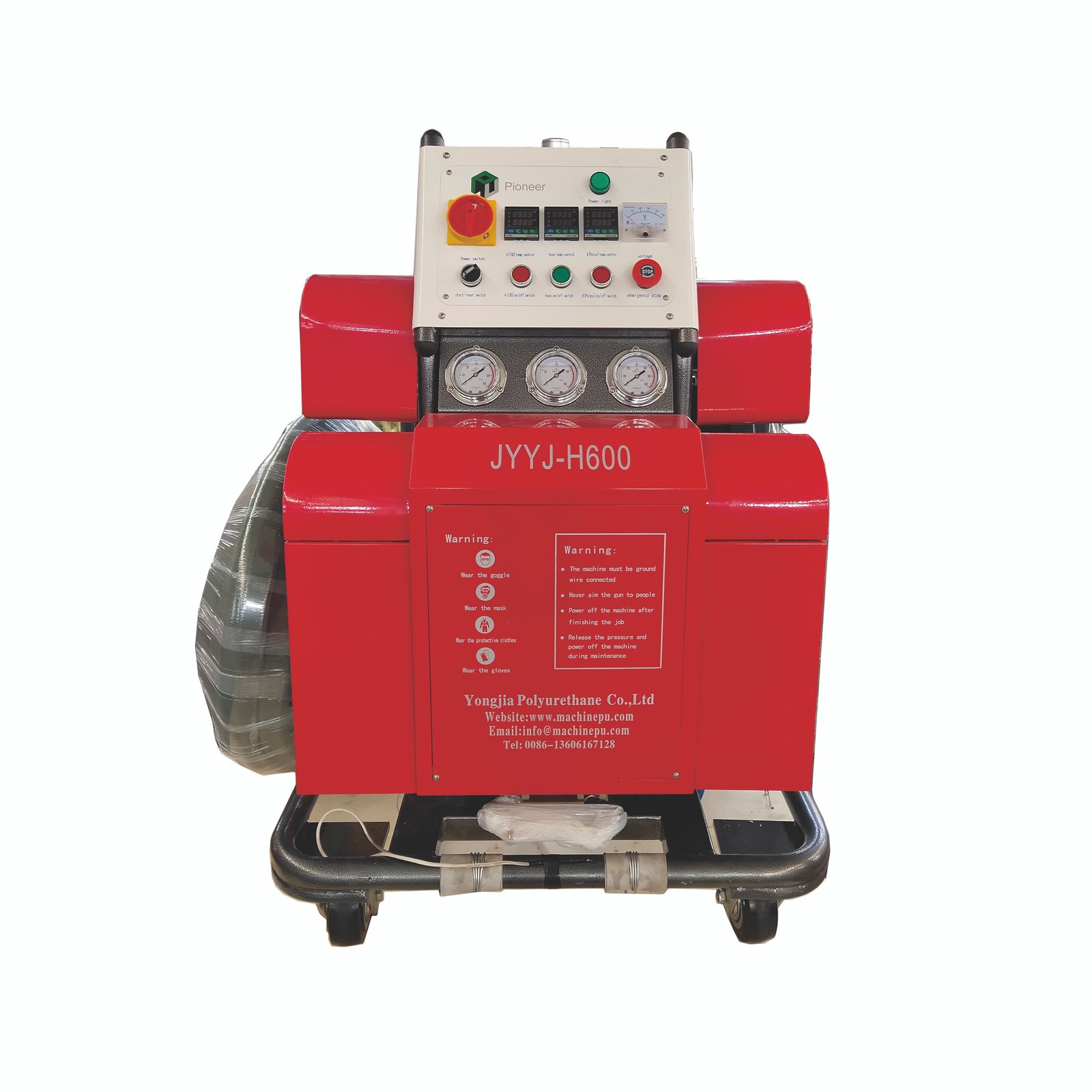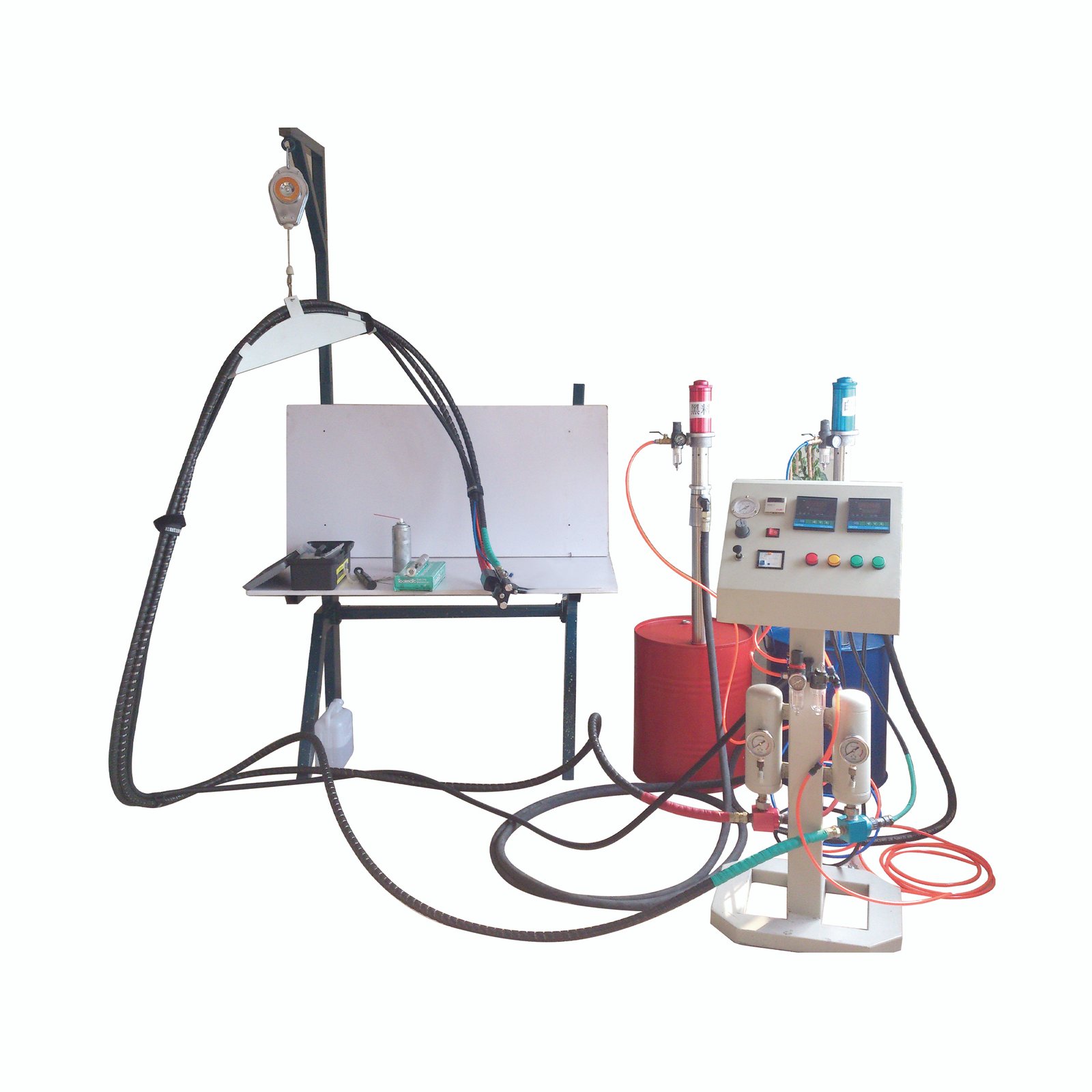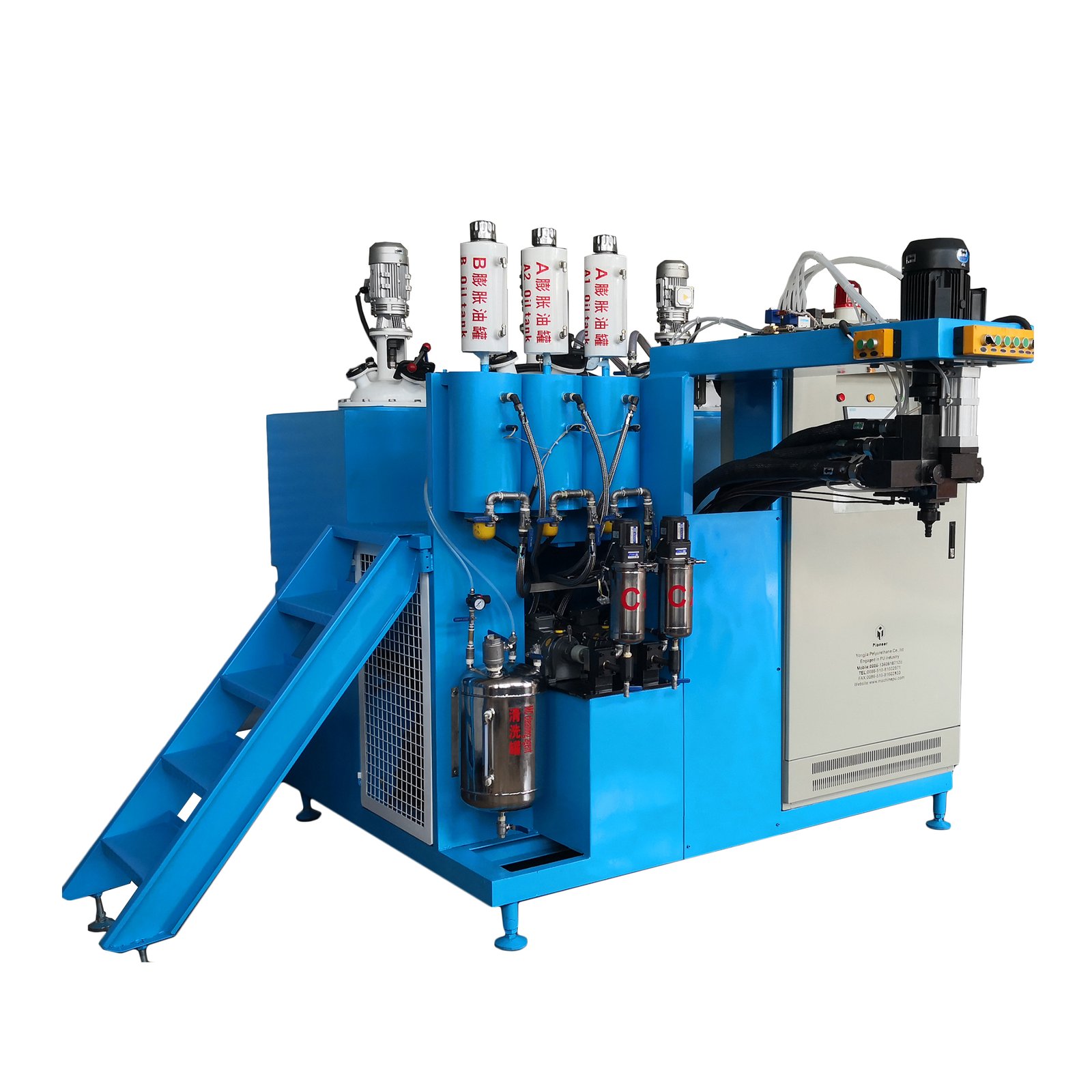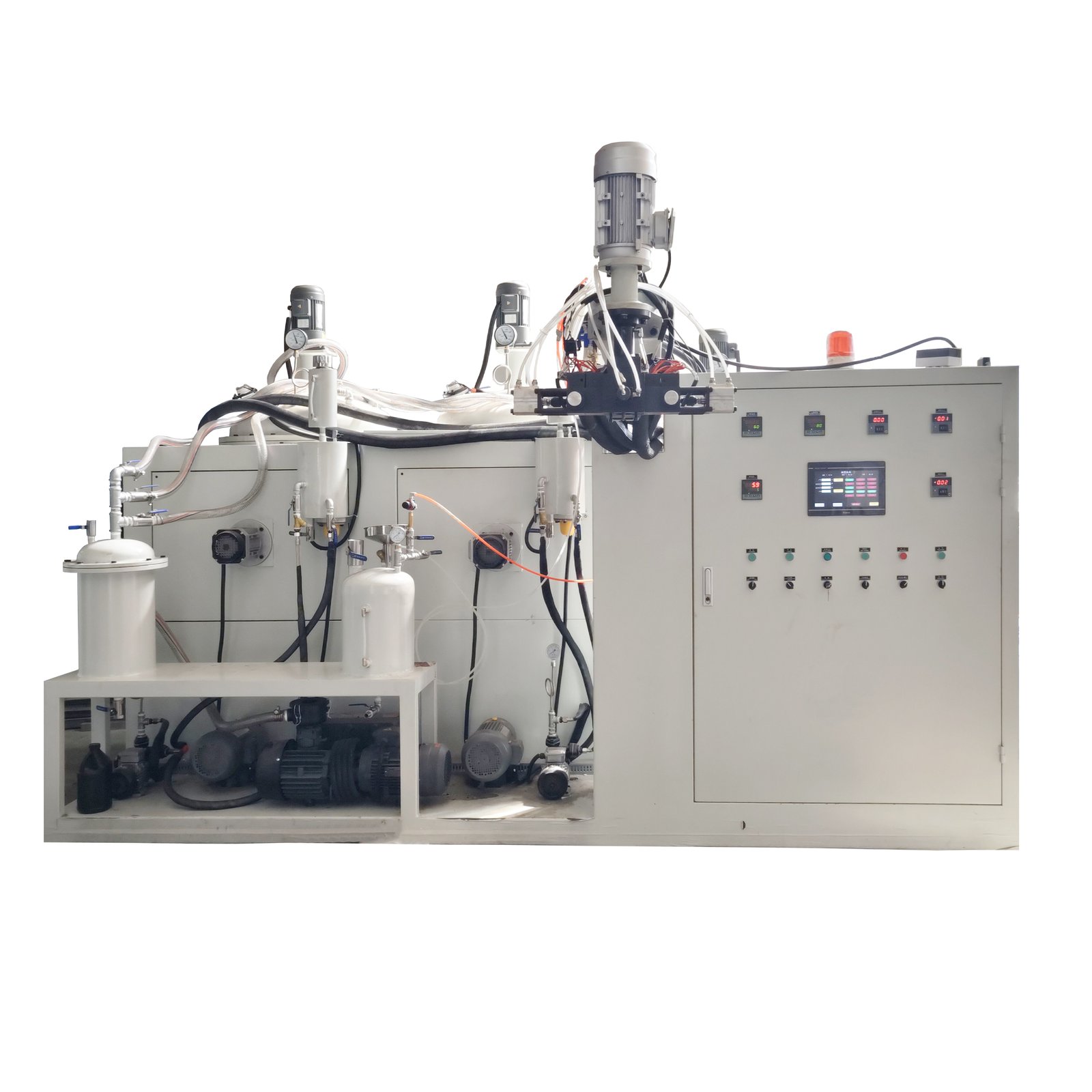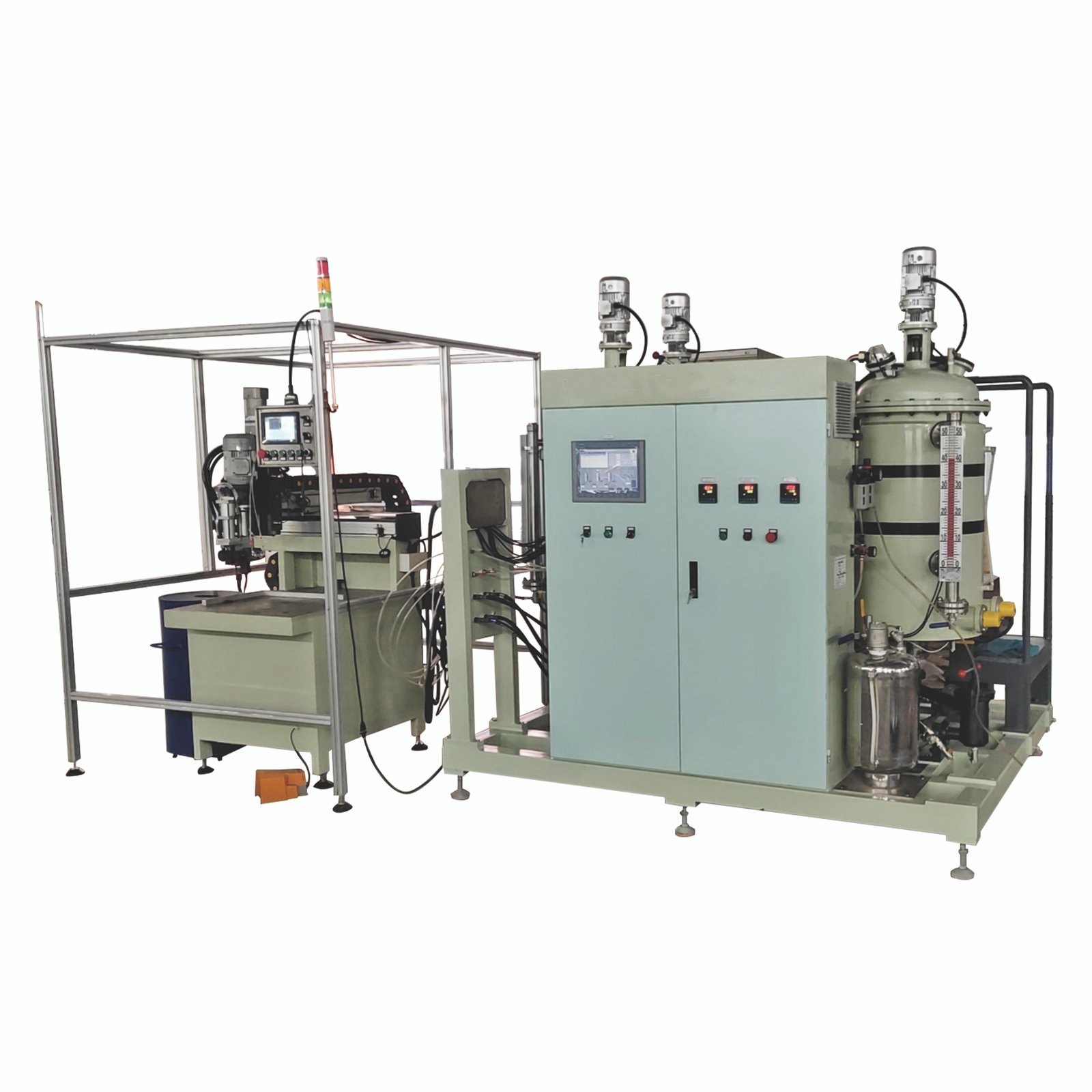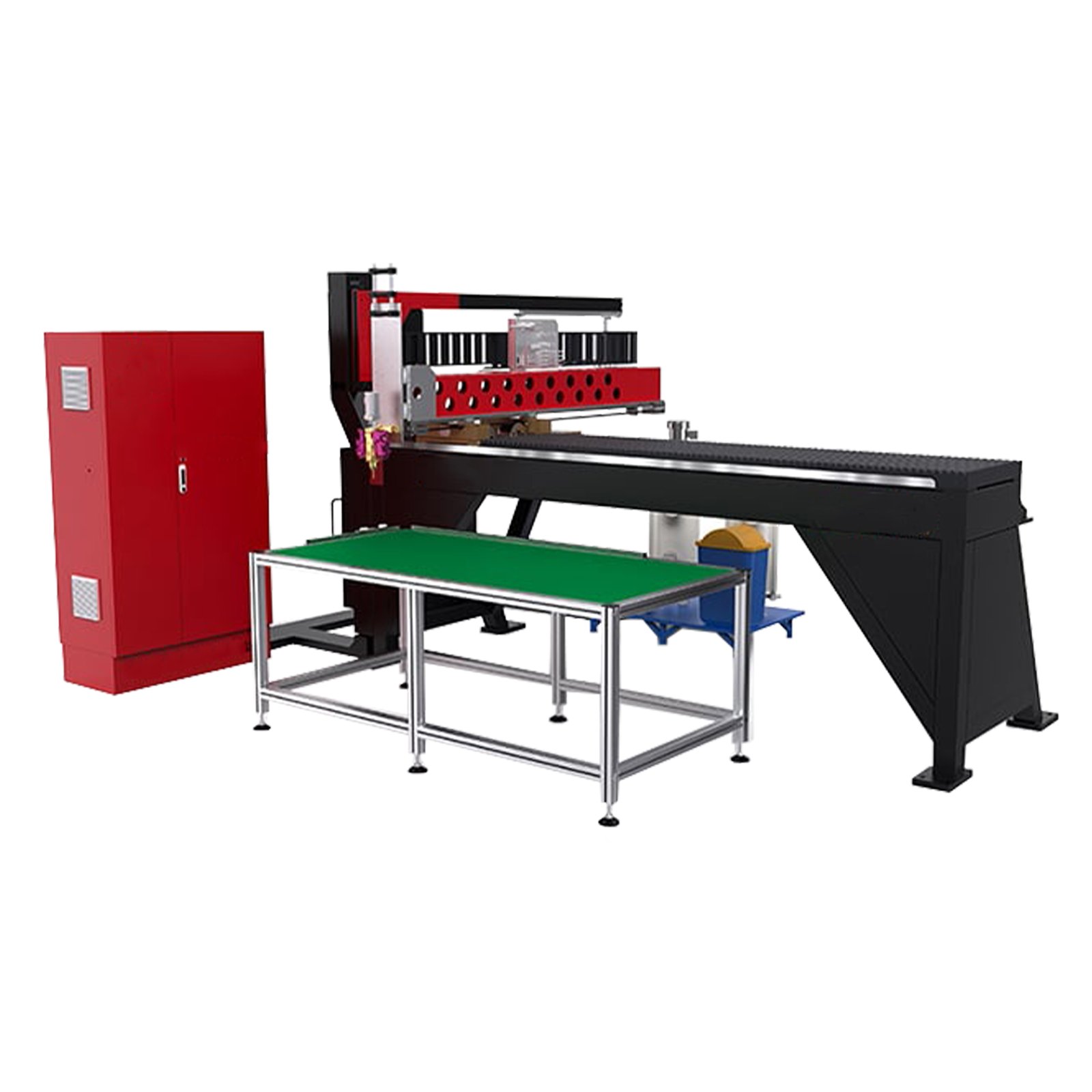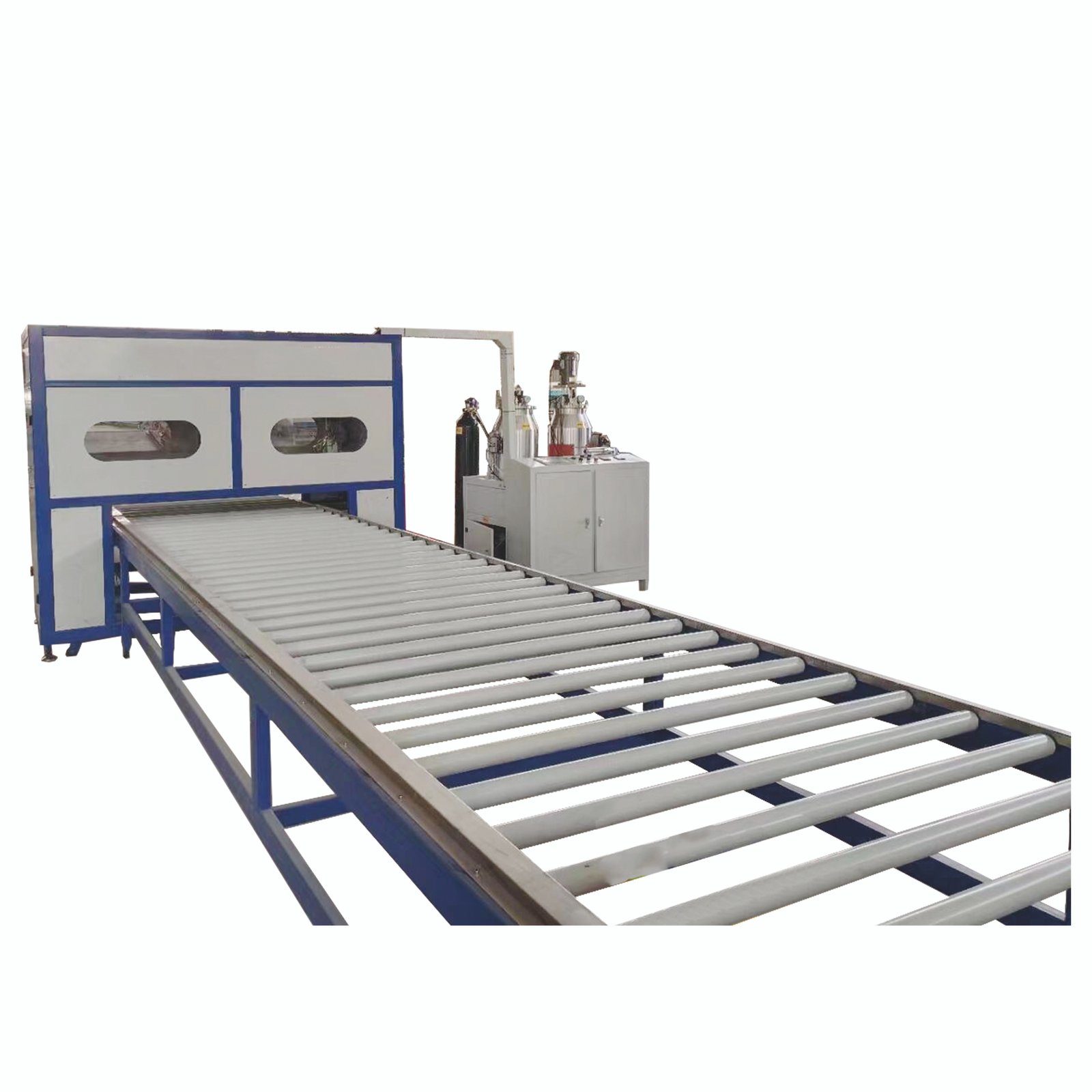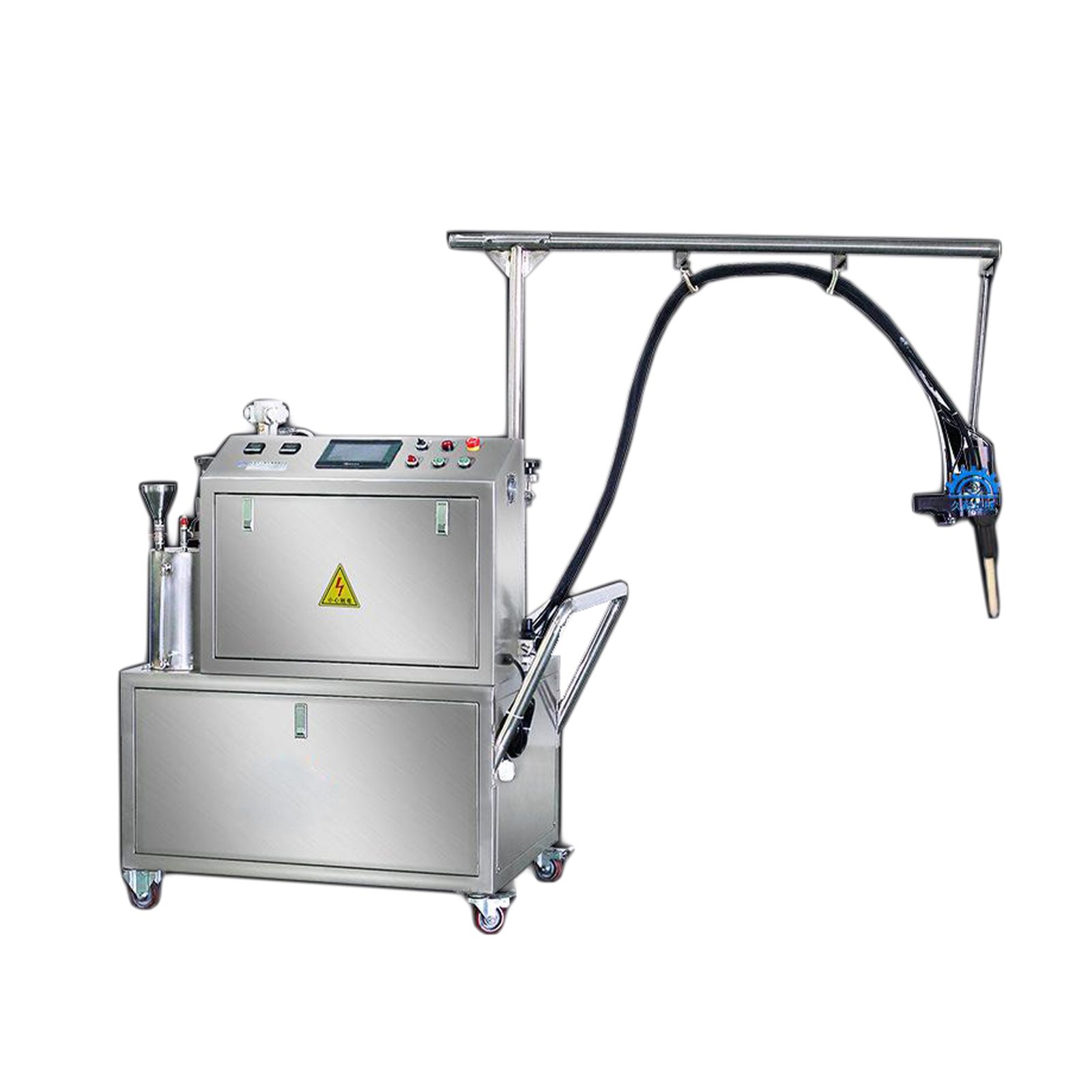The Advantages of Polyurea Spray Machines in Waterproofing Projects
Polyurea spray technology has become a widely used advanced waterproofing solution in recent years, applied across various fields such as sự thi công, infrastructure, and industrial facilities. Polyurea spray machines, with their outstanding performance and unique advantages, have become an indispensable part of waterproofing projects. Below are some key advantages of polyurea spray machines in waterproofing:
Excellent Water Resistance
Polyurea coatings exhibit exceptional water resistance, effectively preventing water penetration. The seamless layer formed on the surface can effectively isolate moisture and protect the substrate. This makes polyurea an ideal choice for waterproofing projects that require long-term water resistance, such as basements, swimming pools, and roofs.
Outstanding Corrosion Resistance
Polyurea materials exhibit strong corrosion resistance in various extreme environments. Especially in chemical corrosion, acidic and alkaline environments, and marine humidity, polyurea coatings can effectively prevent corrosion of the substrate. This makes polyurea spray machines widely used in industrial facilities, chemical plants, and offshore platforms, extending the lifespan of buildings and facilities.
Strong UV Resistance
Compared to traditional waterproof materials, polyurea coatings have excellent UV resistance. Even with long-term exposure to sunlight, polyurea layers maintain their stability and performance without aging or damage from UV rays. This makes polyurea ideal for outdoor environments and roof waterproofing.
Fast Curing and Efficient Construction
Polyurea materials cure quickly after spraying, typically hardening within a few seconds to minutes. This greatly improves construction efficiency, shortens project timelines, and reduces downtime. Unlike traditional coatings, polyurea spray technology eliminates waiting times during construction, helping save costs.
High Strength and Wear Resistance
Polyurea coatings not only offer waterproofing but also have high strength and wear resistance. They can effectively withstand mechanical impacts, friction, and scratches, making them suitable for projects that require high durability and protective performance. Polyurea excels in applications subject to traffic flow or heavy wear.
Seamless, Uniform Coating
Polyurea spray technology forms a seamless, uniform protective layer on different surfaces. This seamless coating effectively avoids leakage at joints, a common issue with traditional waterproof materials, ensuring the integrity and durability of the waterproofing layer.
Environmentally Friendly and Safe
With increasingly stringent environmental requirements, polyurea spray materials meet environmental standards, being non-toxic and odorless, with high safety. During the spraying process, almost no harmful gases are released, minimizing the impact on both workers and the environment, making it more aligned with modern construction industry’s green and eco-friendly demands.
Comparison of Polyurea with Other Waterproofing Materials
When selecting waterproofing materials, polyurea spray technology has gradually become the preferred choice due to its unique advantages. Below is a detailed comparison of polyurea with several traditional waterproofing materials (such as asphalt, waterproof coatings, and PVC waterproof membranes):
Water Resistance
- Polyurea: Polyurea has excellent water resistance, and its seamless coating effectively prevents water penetration, ensuring long-lasting waterproofing. Polyurea forms perfect seals at joints and corners to prevent leaks.
- Asphalt: Asphalt offers good water resistance, but over time, it may harden or crack due to UV exposure or temperature fluctuations, leading to reduced waterproofing performance. Its waterproof performance weakens under extreme weather conditions.
- Waterproof Coatings: Traditional waterproof coatings, like cement-based coatings, provide some protection but may age, crack, or peel when exposed to prolonged water exposure, compromising their waterproofing performance.
- PVC Waterproof Membranes: PVC membranes have stable waterproof performance, but leaks are common at the seams, especially if the seams are not sealed properly during installation.
Corrosion and Chemical Resistance
- Polyurea: Polyurea coatings have excellent resistance to corrosion and chemicals, able to resist acids, alkalis, and salts. This makes it suitable for use in chemical plants, wastewater treatment plants, and coastal environments.
- Asphalt: Asphalt’s corrosion resistance is weaker, and it may undergo structural changes under acid, alkali, or other chemical attacks, reducing its waterproofing effectiveness.
- Waterproof Coatings: Many traditional waterproof coatings have limited corrosion resistance, and may degrade upon contact with strong acids, alkalis, or solvents, reducing their protective effect.
- PVC Waterproof Membranes: PVC membranes have some corrosion resistance but are less chemically resistant than polyurea, particularly in environments with strong acids, alkalis, or solvents.
Construction Efficiency and Curing Time
- Polyurea: One of polyurea’s greatest advantages is its fast curing. Polyurea typically hardens in seconds to minutes after spraying, ensuring a shorter construction cycle and higher efficiency. This is especially important for urgent projects.
- Asphalt: Asphalt requires a longer construction period to dry and cure. Additionally, during coating, bubbles may form, compromising the waterproofing effect.
- Waterproof Coatings: Traditional waterproof coatings have long drying and curing times, typically requiring over 24 hours, which slows down the construction process.
- PVC Waterproof Membranes: PVC membrane installation takes longer than polyurea, especially with welding and seam processing, requiring more time and labor. Precise seam installation is crucial to ensure waterproofing performance.
Weather Resistance and UV Protection
- Polyurea: Polyurea has excellent UV resistance and can maintain stable performance under direct sunlight, preventing degradation or discoloration from UV exposure. This makes it highly suitable for buildings, roofs, and outdoor applications.
- Asphalt: Asphalt coatings degrade and become brittle when exposed to UV rays, causing cracks and a significant reduction in waterproofing performance over time.
- Waterproof Coatings: Ordinary waterproof coatings age and peel under UV exposure, greatly reducing their waterproofing performance, and have much poorer weather resistance than polyurea.
- PVC Waterproof Membranes: PVC membranes have some weather resistance but are not as effective as polyurea, as they may degrade under prolonged UV exposure, impacting waterproof performance.
Environmental Impact and Safety
- Polyurea: Polyurea spraying produces almost no volatile organic compounds (VOCs) and is non-toxic, meeting environmental standards. The spraying process has minimal impact on both workers and the environment, ensuring high safety.
- Asphalt: Asphalt releases significant harmful gases during construction, especially in high temperatures, increasing the amount of VOCs and requiring good ventilation and protective measures.
- Waterproof Coatings: Some traditional waterproof coatings contain VOCs, potentially affecting both the environment and workers during application. Protective measures are necessary.
- PVC Waterproof Membranes: PVC membrane installation is relatively safe, but it can release harmful substances, especially under high temperatures, requiring ventilation and protective measures during installation.
Cost and Value for Money
- Polyurea: While polyurea spray materials have a higher initial investment, their exceptional durability, corrosion resistance, fast curing, and reduced maintenance costs lead to significant long-term savings, making it a high-value option.
- Asphalt: Asphalt materials are cheaper upfront, but their shorter lifespan and frequent maintenance requirements result in higher long-term costs. Repair costs increase in extreme climates.
- Waterproof Coatings: Waterproof coatings have a lower initial cost, but their limited performance and regular need for maintenance and reapplication lead to higher long-term costs, particularly in exposed environments.
- PVC Waterproof Membranes: PVC membranes have a moderate cost, but higher labor and material costs during installation and maintenance reduce their overall value.
Application Range
- Polyurea: Polyurea spray is highly versatile and suitable for a variety of environments, including underground buildings, water tanks, waterproof roofs, tunnels, and floors. It maintains good waterproofing in both cold and hot environments.
- Asphalt: Asphalt is suitable for conventional roofing, waterproof roads, and underground projects, but its effectiveness is limited in environments exposed to chemicals or extreme heat.
- Waterproof Coatings: Waterproof coatings are suitable for small-scale applications like residential buildings, bathrooms, and kitchens, but their performance in large-scale, long-term applications is inferior to polyurea.
- PVC Waterproof Membranes: PVC membranes are widely used for large, flat waterproofing projects, such as roofs and storage buildings, but they are more difficult to install and maintain on complex surfaces and seams.
In conclusion, polyurea spray technology offers significant advantages in waterproofing projects, particularly in water resistance, corrosion resistance, UV protection, construction efficiency, environmental safety, and long-term performance. Despite the higher initial cost, its long-term benefits and value make polyurea the preferred material for modern waterproofing projects.

